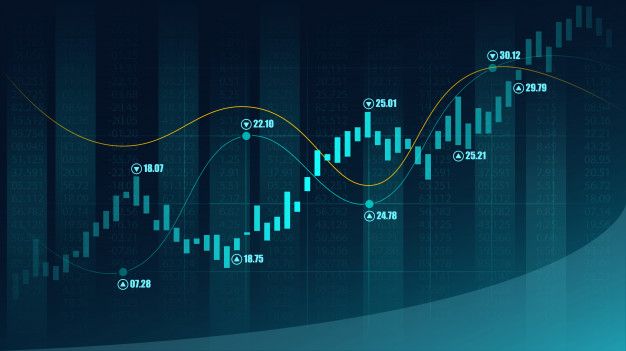Unlike stocks or commodities, forex is traded directly between two parties in an over-the-counter (OTC) market. The forex market is controlled by a global network of banks located in four major forex trading hubs in distinct time zones: London, New York, Sydney, and Tokyo. You can trade forex at any time of day or night because there is no central place.
Only huge financial institutions and high-net-worth people had access to the currency market, which they used as currency speculators and hedgers of foreign exchange risk. However, technical advancements over the last two decades have allowed currency dealers of all sizes to buy and sell currencies on the forex market from anywhere in the world using cutting-edge online trading platforms. Although forex trading is still done on the interbank foreign exchange market, technology has made it more accessible.
The following are some of the major players in the foreign exchange market:
Governments and central banks
Major national governments and central banks, such as the Federal Reserve, the Bank of England, and the European Central Bank, are major participants in the forex market, utilising currency exchange to regulate money supply and make monetary policy changes.
Major Banks
Goldman Sachs, Deutsche Bank, and Citibank, among the world’s top banks, trade massive amounts of money on the forex market every day for themselves and their clients, who include major enterprises, government agencies, and high-net-worth individuals.
Forex Brokers
Retail traders of all sizes have access to the global currency markets through forex brokers. A broker works as a conduit for investors to trade currency from the comfort of their own homes using internet trading platforms.
Traders in the retail sector
Retail traders now account for over a third of the daily volume traded on the currency market. Traditionally, retail traders entered the forex market through the currency futures market, but currently the most popular method is to trade the spot forex market. Individuals trade around $1.5 trillion of currency on a daily basis, using trading platforms provided by forex brokers to gain access to the market.
A currency market can be classified into three types:
Spot forex market
The physical exchange of a currency pair that takes place at the precise moment the trade is settled – i.e. ‘on the spot’ – or within a short period of time is known as the spot forex market.
Forward forex market
A contract to purchase or sell a specific amount of a currency at a specific price, to be settled at a future date or within a range of future dates, is known as a forward FX market.
Future forex market
A contract to purchase or sell a specified amount of a currency at a specified price and date in the future is known as a future FX market. A futures contract, unlike a forward, is legally enforceable.
Most traders who speculate on forex pricing do not intend to take delivery of the currency; instead, they make exchange rate predictions in order to profit from market price fluctuations.

